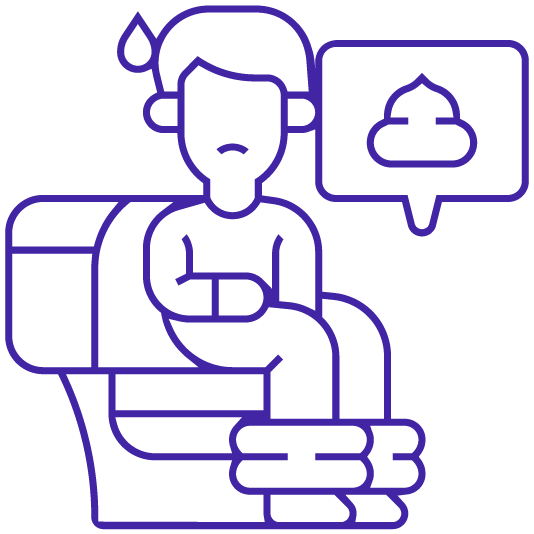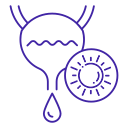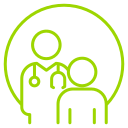DryKids - Pediatric Urology
Incontinence of urine and feces in children is a common health problem in childhood and is of great interest to pediatric urology. Under normal circumstances, we expect children to be able to control defecation by the age of 4 and urination both during the day and at night by the age of 5. However, if a child still has difficulty in bladder and bowel control after reaching the age of 5, a pediatric urologist should be consulted and the root cause of the problem should be investigated.
Although bladder and bowel problems are often considered a psychological problem in society, it should be recognized that only 5% have a psychological origin. It should be kept in mind that urinary incontinence in children can be caused by severe loss of kidney function or improper bladder function. Therefore, bladder and bowel problems should not be taken lightly and should be evaluated in detail by the relevant health professionals and a treatment plan should be created.
Services
Nighttime Bedwetting (Enuresis)
Nighttime bedwetting, or nocturnal enuresis, is commonly observed in early childhood.
Daytime Urinary Incontinence
Daytime urinary incontinence refers to a child involuntarily losing urine two or more times during waking hours in a month, regardless of the amount.
Nighttime Bedwetting (Enuresis)
Nighttime bedwetting, or nocturnal enuresis, is commonly observed in early childhood.
Daytime Urinary Incontinence
Daytime urinary incontinence refers to a child involuntarily losing urine two or more times during waking hours in a month, regardless of the amount.










